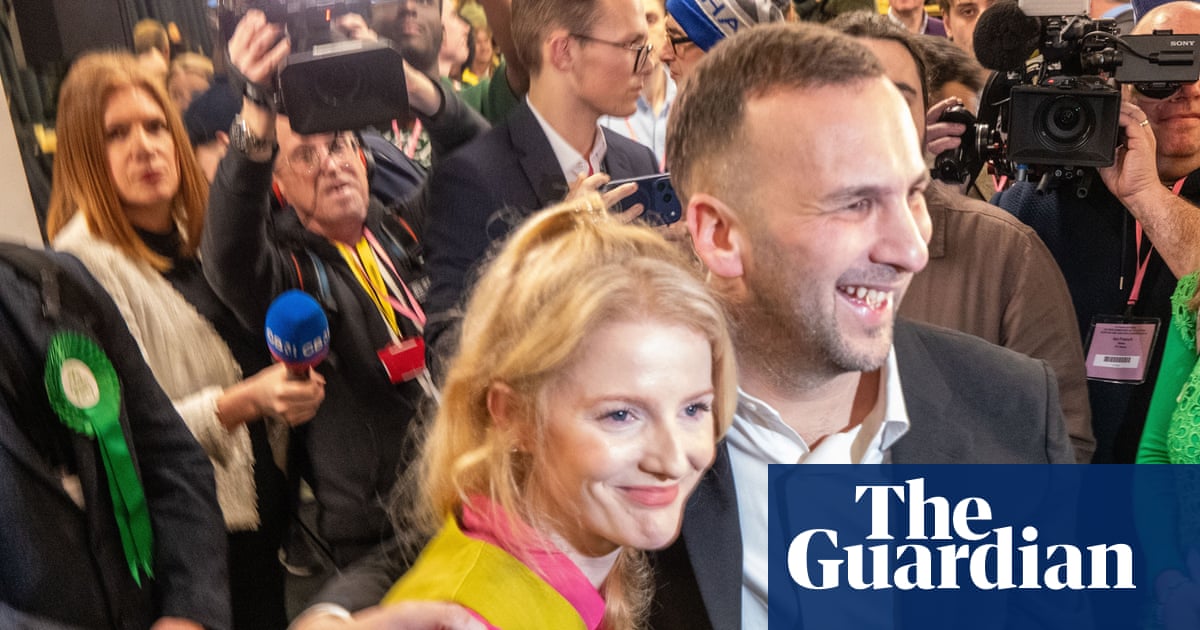As the chair of governors at a large secondary school in a deprived area, I’m glad that there’s a push to close the literacy gap. But most of the debate gets lost in headline battles with unions over compulsory age-13 tests instead of focusing on why so many children show up in year 7 without the reading skills they need (Bridget Phillipson ‘ready to take on unions’ over year 8 reading tests, 1 November).
Our pupils already go through national assessments in primary school. When they transfer, we run our own screening, and more than half start secondary school already behind. Adding another test at 13 won’t fix that. All it does is pull staff away from the real work: teaching children to read, which is already time-consuming and demanding.
Do you know what actually helps? Investment and working together, not more conflict. Ministers need to back long-term, evidence-based transition programmes between primary and secondary schools. Secondary teachers deserve high-quality training in literacy instruction. We need more reading specialists and librarians, libraries filled with books that reflect our students’ lives, and protected time in which to read for pleasure.
Any new assessment should be diagnostic and formative – something that guides support rather than just another tick-box for accountability. Most importantly, the government must commit to stable funding for interventions that build reading skills from the first day of secondary school, and earlier if necessary.
Teachers, governors and unions all want the same thing: every child able to read well and access the curriculum. Instead of wasting months on arguments about testing, ministers should bring everyone together to design and fund real solutions to solve the problem, not just add another test that drains the time and energy needed to fix it.
Michael Robinson
Gosport, Hampshire
As there is justifiable concern about the development of some groups of children, there may be merit in providing activities to enhance their interest in education. But the education secretary would be wise to pay heed to the old adage that “weighing the pig does not make it fatter”. Reading tests for all 13-year-olds are unlikely to do anything to address the literacy skills of those from poor backgrounds. Indeed, further tests may further disenfranchise those already let down by what passes for education in schools. The numbers of children who fail the test may also add to the already overburdened special educational needs system.
Instead, it’s worth ensuring that all schools have attractive and well-stocked libraries where young people can be helped to find material that resonates with and enriches their interests, thereby stimulating a thirst for learning.
Simon Gibbs
Emeritus professor of inclusive educational psychology and philosophy, Newcastle University
Perhaps Bridget Phillipson should publish the research which informs her that increased testing produces better outcomes. Has she taken into account the improvement that occurs from raising self-esteem and confidence in young people? These essential skills for developing learning are encouraged by a curriculum that is rich in creativity, exploration and enjoyment. Perhaps she could consider the wealth of research in this pedagogy rather than succumbing to the “test, test, test” philosophy.
Helen Elliott
Retired deputy head, Taunton, Somerset
Reading that Bridget Phillipson wants to abolish the two-child benefit cap was very welcome news that altered the otherwise bitter taste of reading the rest of this latest policy announcement.
If she really wants to make an impact on children’s lives, she should restore Sure Start funding to 2010 levels and leave schools to be schools. Burdening school heads and children with even more responsibilities and requirements will not have the outcomes she intends. We know Sure Start works. And Labour introducing new centres, under its rebrand as Best Start, deserves more fanfare than it’s getting. But we also need the social infrastructure that used to be supported by local government funding.
We need our libraries to stay open and for longer. We need to reopen our youth clubs and increase the availability of spaces for children and younger people to foster a sense of belonging, exchange ideas and encounter each other outside the confines, algorithms and latent toxicity of digital life. Expecting schools to take the place of what used to be socially available opportunities before austerity is a waste of their energy and resources.
Children don’t feel they belong because there is nowhere for them to belong, and schools are the last place that should be expected to take on the extra responsibility of fostering belonging. Schools are doing plenty. They teach. Let them teach, and let local authorities develop the spaces for social belonging that they desperately want to, but find they can no longer afford to.
Tristram Burden
Brighton, East Sussex

.png) 3 months ago
85
3 months ago
85

















































